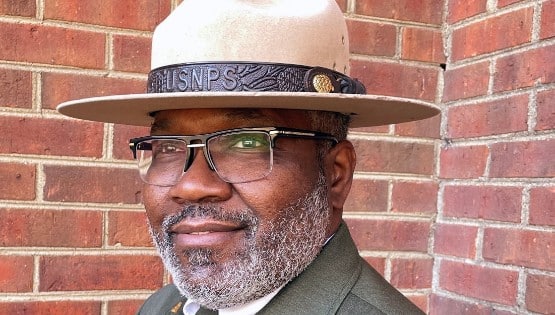Groups urge Kaine to restore voting rights for ex-felons
Staff Report
News Tips: [email protected]

The letter sent earlier today is signed by the following organizations: NAACP Virginia State Conference, Virginia League of Women Voters, Virginia Interfaith Center for Public Policy, Virginia Poverty Law Center, Virginia Organizing Project, STEP-UP Inc., Virginia CURE, The Northern Virginia Coalition, American Civil Liberties Union of Virginia, and The Rutherford Institute.
Many other Virginia organizations, including the Virginia Catholic Conference, the Virginia Conference United Methodist Church, the Old Dominion Bar Association and Delta Sigma Theta Sorority Inc. State Social Action Task Force have also called for reform of Virginia’s felon disfranchisement law.
Only Virginia and Kentucky permanently disenfranchise all felons upon conviction, requiring an act of the governor to restore voting rights. Of the 48 other states, two never remove voting rights and most automatically restore rights upon completion of prison sentence, parole or probation.
Gov. Kaine has been asked numerous times during his tenure as governor to take action to modernize Virginia’s voter restoration procedures. Advocates are hopeful the he will follow the lead of the Democratic governor of Iowa and Republican governor of Florida, both of whom took executive action in the last few years to reform their state’s felon disfranchisement policies.
Most of the groups signing today’s letter were present at a Dec. 2 meeting with the governor’s top staff to ask for the issuance an executive order, and most have been asking the governor to take action to reform Virginia’s disfranchisement law since taking office. While meetings with the governor and his staff have led to promising conversations about felon
disfranchisement reform in recent weeks, the governor has not yet stated he will act before leaving office.
Under the Virginia Constitution, only the governor has the power to restore voting rights. In practice that has been accomplished through a cumbersome application process resulting in a few thousand individuals having their rights restored during the term of recent governors. Scholars, however, say the governor of Virginia, like those in other states with similar constitutional provisions, has the power to issue a blanket restoration order that would grant voting rights to everyone who has lost them.
While many states instituted permanent felon disfranchisement during Jim Crow, in recent years all but Virginia and Kentucky have reformed their disfranchisement laws. Studies indicate that felons who vote are half as likely to be re-arrested as those who do not, a finding that has caused pragmatists from across political party and ideological lines to support felon disfranchisement reform
“Every state in the nation, except Virginia and Kentucky, has figured out how to rid itself of this shameful and counterproductive legacy of Jim Crow,” said ACLU of Virginia Executive Director Kent Willis. “In states where legislators have dragged their feet, governors have acted through executive orders, and that’s what we’re asking Tim Kaine to do before he leaves office.”
“Gov. Kaine has the opportunity to make history and reverse one of the last vestiges of Jim Crow segregation. It is time Virginia joins the ranks of the 48 other states who restore voting rights for former felons when they have paid their debt to society. The governor is getting thousands of calls in favor of restoration of rights because people are outraged that we still have this archaic policy on the books. We have met with Gov. Kaine’s staff and have provided ample evidence that he has the power to sign an executive order to restore voting rights for former felons. Now, the question is simply: ‘Will he do the right thing?'” said Janice “Jay” Johnson, Chairperson of the Virginia Organizing Project.
“There is nothing more sacred than the right to vote,” said John W. Whitehead, president of The Rutherford Institute. “When someone has paid their debt to society, that right should be restored.”










